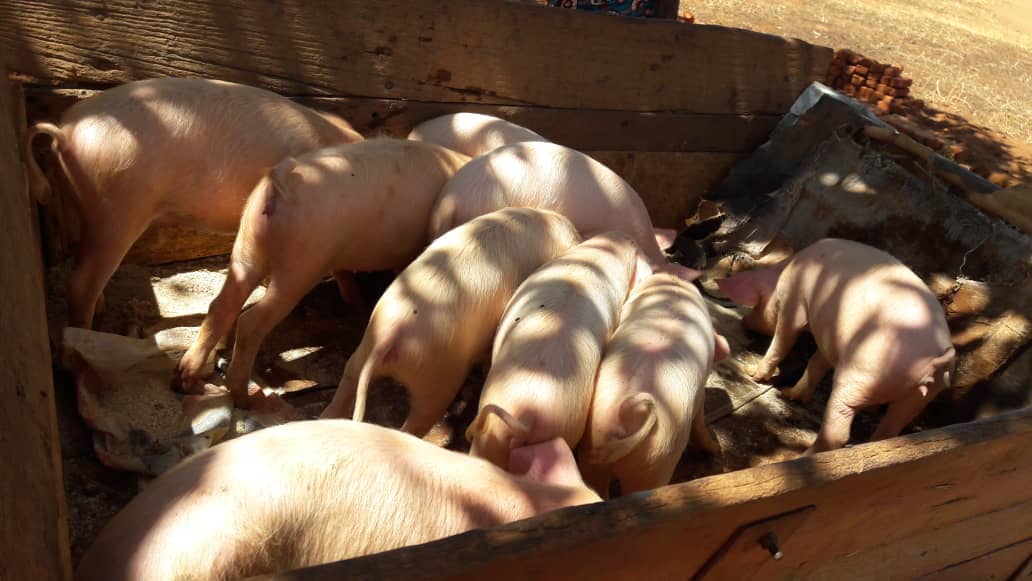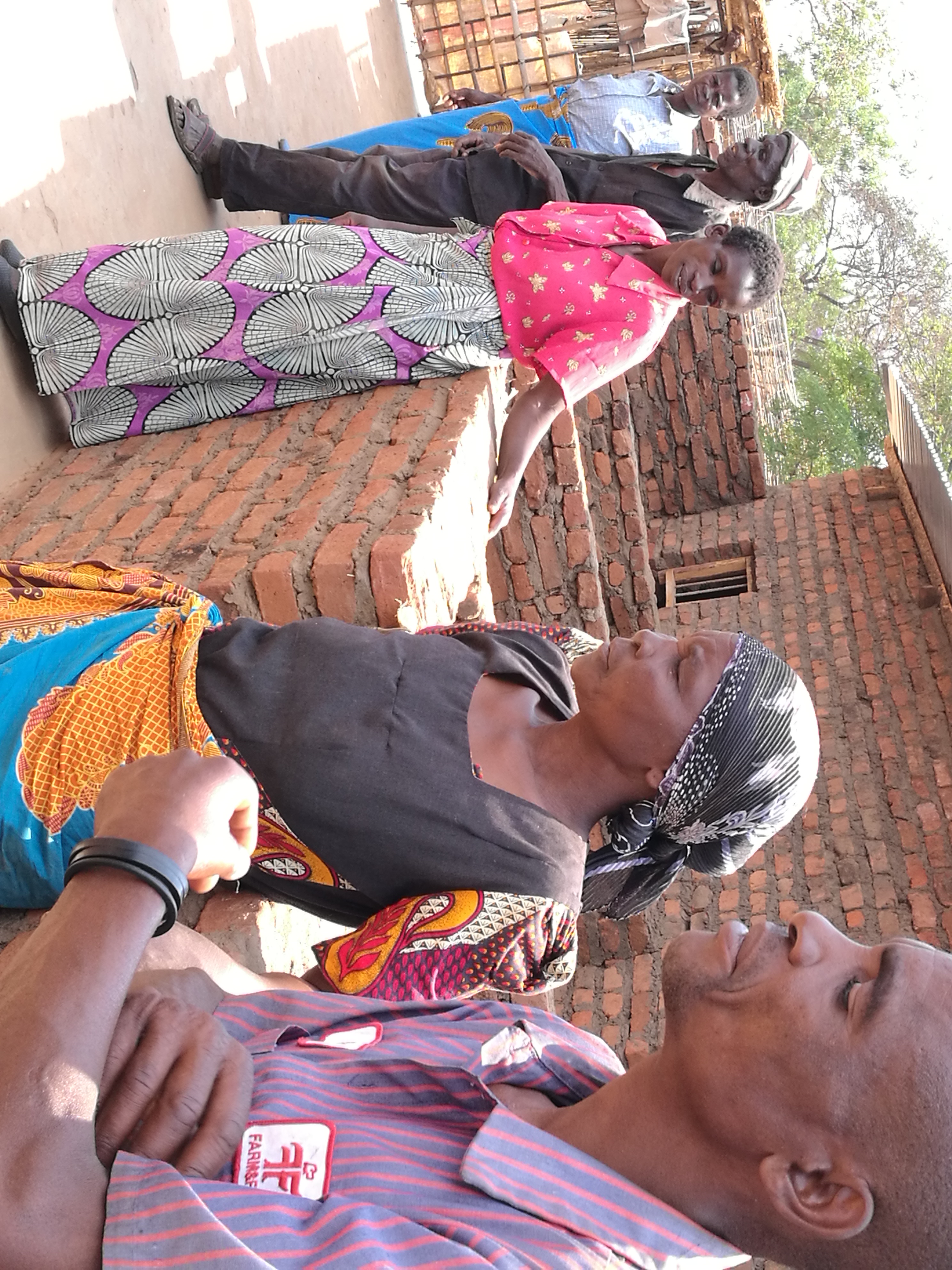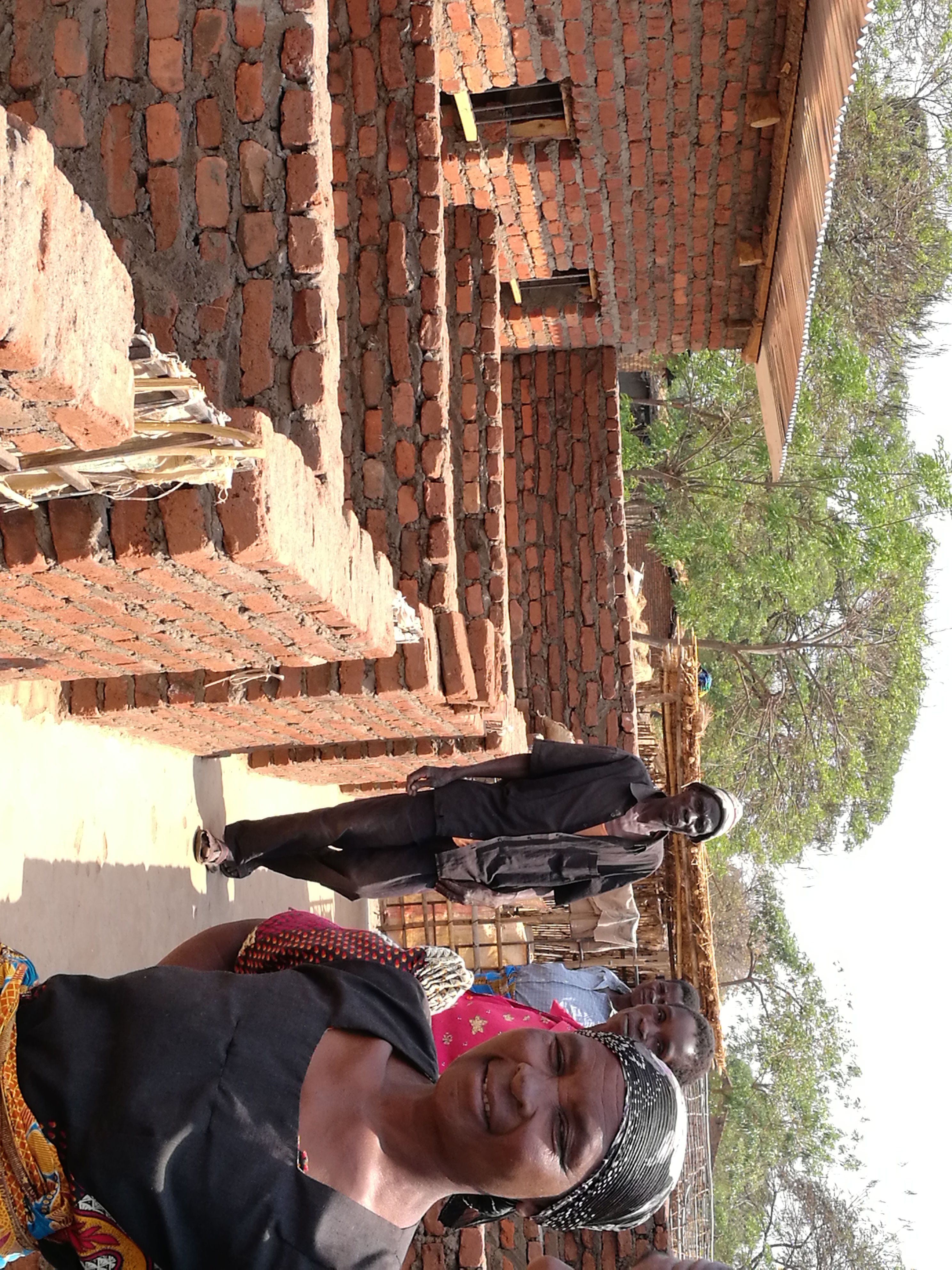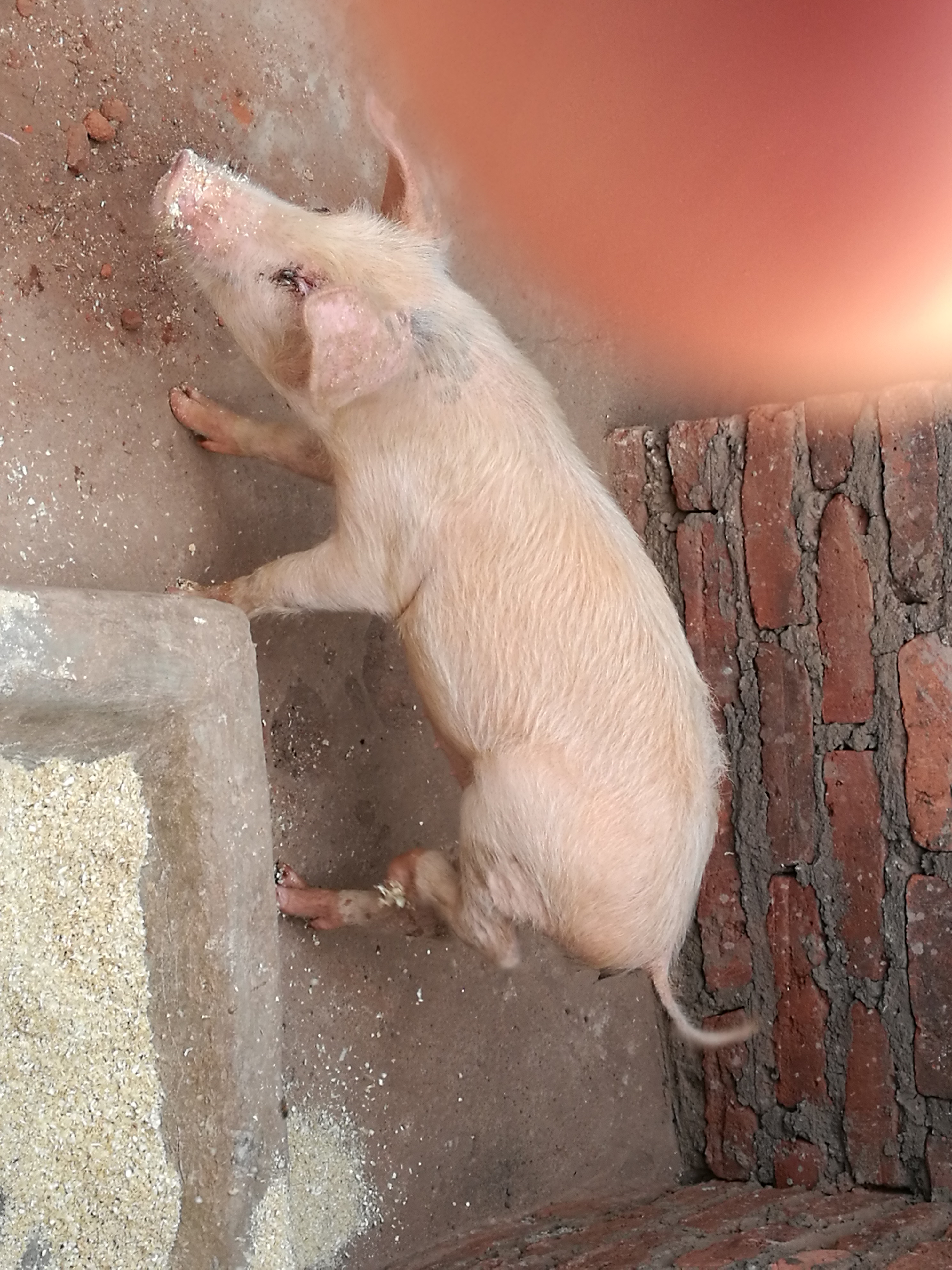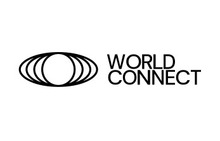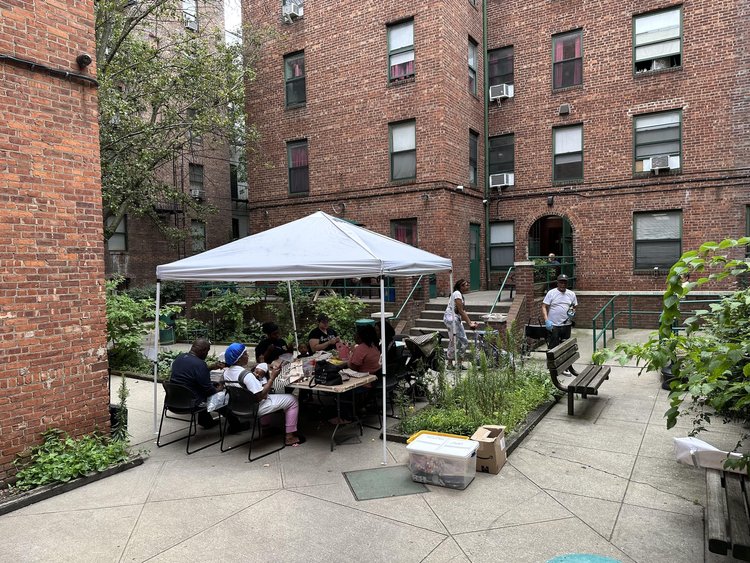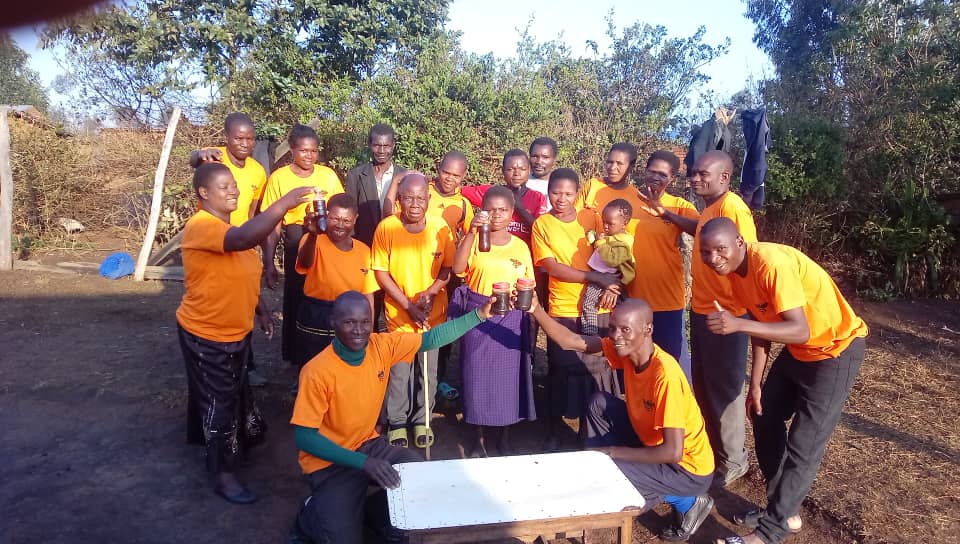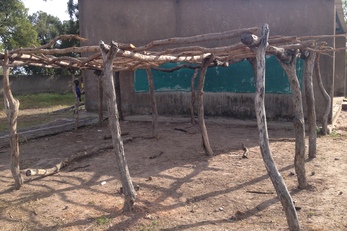Mkanga Piggery
Project Launch: 7-2-18
The piggery farm project is being championed by Mandala HIV Support Group in Mkanga, a remote community in Lilongwe District. People living with HIV (PLHIV) in Mkanga experience many food challenges. Apart from coping with symptoms of HIV/AIDS, they worry about regular income in their households, education, and care of their children as well as their deteriorating health over time. Lack of employment opportunities, stigma and isolation associated with HIV, deteriorating physical health, Malawi’s unstable economy coupled with inadequate rain patterns have posed difficulties in the maintenance of a healthy diet and supporting families. The disease status itself puts the infected at a socio-economic disadvantage. To combat these challenges, Mandala Support Group would like to venture into pig farming. Mobilizing their community resources to build a pen for pigs, they will also establish a garden where they will grow a variety of cash and food crops using manure from pig farming. The project will provide food and income to the members of the support group and their families. The members of the support group have taken ownership of the challenges they are experiencing and would now like to be part of the solution.
Project Update: 10-8-18
19 out of 25 participating households live below the poverty line. 6 households reported an increase in maize production compared to the previous farming season. Piglets were purchased in September and remain in good health. Two additional women joined the support group affiliated with the project.
Final Report: 1-30-19
The Mkanga piggery project, completed in December 2018, led to the construction of a pig pen that was stocked with 10 piglets. Using the pig’s waste, the participants are able to produce compost manure that is used in their fields for growing cash crops and is also sold to community members for soil fertilization. With the use of pig manure in their fields, the community members are assured of bumper yields without spending a lot of money on chemical fertilizer and other agricultural materials. The project also sells pork at an affordable price, which is a great source of protein for the community. All of these activities have enabled the participants to earn income to purchase foods such as vegetables, fruits, fish and meat which are important for improving their nutritional status. As of December 2018, the 25 participating households reported to be spending K1500-2000 per day, which is above the poverty line ($1.25), showing an improvement in their financial standing.
Explore other Projects


